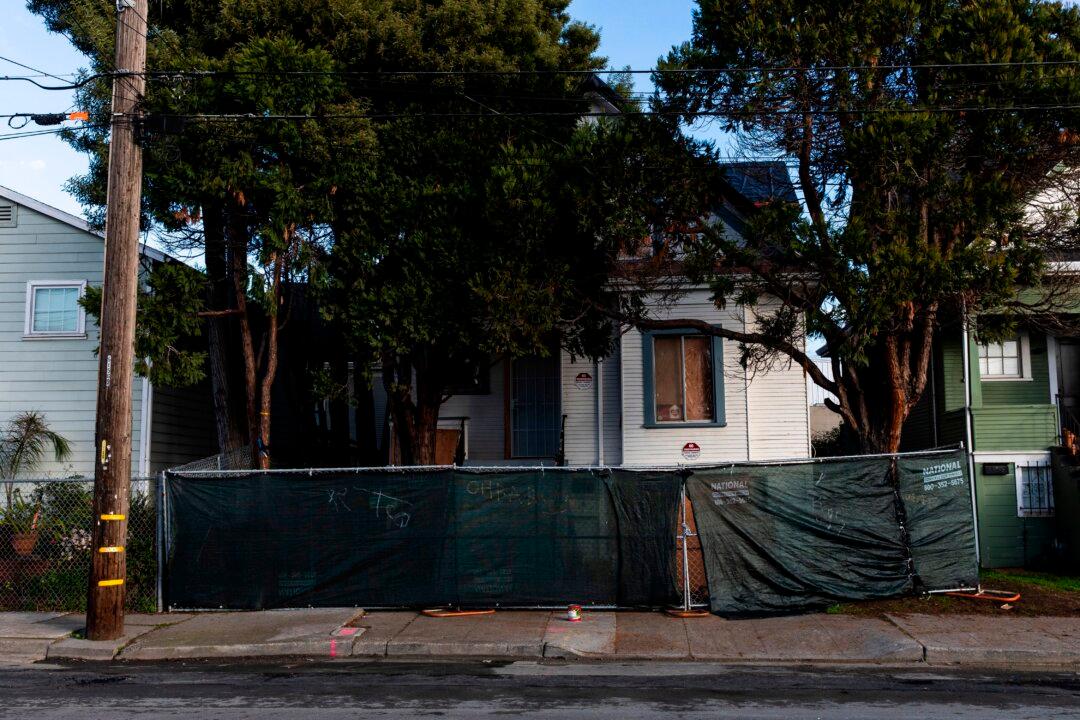Californians will see increased tenant protections this year after Gov. Gavin Newsom signed a bill into law in September tightening current regulations, which set requirements for how landlords may evict their tenants.
Senate Bill 567, authored by Sen. María Elena Durazo (D-Los Angeles), requires proof by a landlord for what’s known as a “no-fault” eviction, and now mandates property owners or a family member occupy their rental for at least 12 months if they have evicted the tenant from the unit for their own use.





